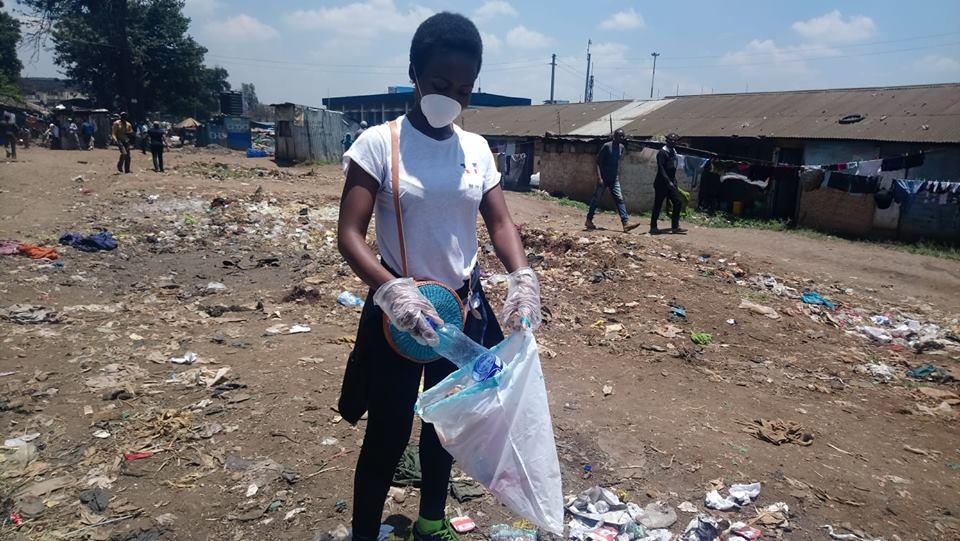Johannesburg, 2 June 2020 – This World Environment Day, Greenpeace Africa will be screening The Story of Plastic, a new documentary directed and produced by Deia Schlosberg. This documentary exposes the astonishing global environmental, climate, justice, and health impacts of the plastic industry. The virtual screenings of the film will take place between the 3 and 5 June in honor of the World Environment Day which is commemorated under the theme: It’s Time for Nature.
“Our team has been eagerly looking forward to this moment when we can share this film we poured our hearts and souls into with a global audience,” said Schlosberg. “We are particularly thrilled that movement leaders working on the front lines to fight the damage and injustice caused by the plastics industry will be able to screen the film and use it to engage their communities and supporters.”
The Story of Plastic depicts a global plastic crisis beyond anything most of us have imagined and reveals how our perceptions of it have been manipulated. The plastics industry is producing more single-use plastic than ever before and is working to increase production drastically. Through compelling reporting on three continents and original animation, the film exposes the causes and effects of the crisis but also introduces unsung heroes fighting to stop the mass production of plastic and to hold the industry accountable.
South Africa introduced a levy on plastic bags in 2004 and although easy for the government to implement, the levy has not been effective in controlling the plastic menace as recently witnessed during the floods in Durban. Greenpeace Africa’s call for a total ban on single-use plastics on several occasions has fallen on deaf ears.
“Plastics continue to haunt us long after we have used them because during the degradation process, they break down into microparticles, which then contaminate our water systems. We know that this has an impact on our oceans and the animals living in them,” said Nhlanhla Sibisi, Greenpeace Africa’s Climate and Energy Campaigner.
“We also need to dig deeper and acknowledge that plastic is an end-product on a fossil-fuel production line. We need to address the source of plastics for us to understand the proper systems to put in place to address the scourge of plastic pollution in South Africa. We also have a moral obligation to hold the fossil fuel and plastic industries equally accountable for the plastic pollution we are experiencing today. The power to do so lies with a people-driven approach movement – that can be championed by consumers,” continued Sibisi.
The plastics industry targets lower-income people in developing countries with cheap, single-use sachets exploding into the waste stream. It promotes false recycling solutions that put the onus on consumers and only recycle 2% of plastics. As a result, though we may not realize it, plastic pollution now pervades our oceans and the developing world, and plastics and the toxic chemicals used to produce them are now everywhere: in our food, water, air, soil, and our bodies. The public can RSVP for the film by visiting this link on the Greenpeace Africa website.
Notes to the Editor
- Click here to RSVP for the screenings
- The filmmakers, film subjects and screening organizers are available for interviews on request. To arrange an interview or for more information, please contact Stephen Kent, [email protected], 914-589-5988
Media Contact:
Hellen Dena, Communication Officer – Greenpeace Africa, [email protected], +254 717 104144
 Get Involved
Get Involved
